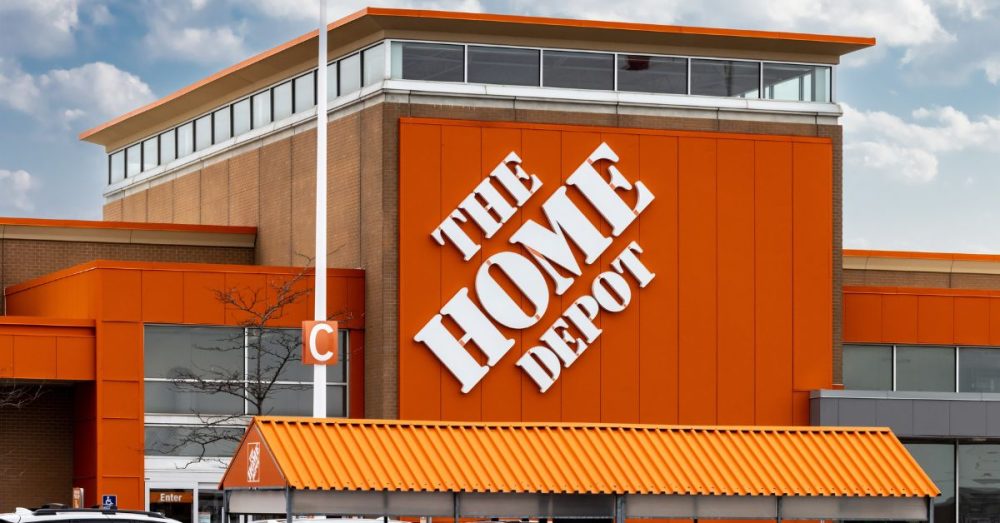Home improvement retailer Home Depot is raising the caution flag on looming sales forecasts, saying they are anticipating a slowdown in business as consumers pinch pennies over fears of an uncertain economy.
Home Depot Chief Financial Officer Richard McPhail told CNBC that his chain is contending with consumers who have taken a “deferral mindset” — which is the old wait-and-see approach.
McPhail said current interest rates for large-scale projects are also playing a role.
And many are keeping an eye on the 2024 presidential vote in November before deciding on future plans.
CNBC has the story:
Home Depot on Tuesday topped quarterly expectations, but cautioned that sales will be weaker than expected in the back half of the year as high interest rates and consumer uncertainty dampen demand.
The home improvement retailer said it now expects full-year comparable sales to decline by 3% to 4% compared to the prior fiscal year. It had previously expected comparable sales, a metric that takes out the impact of store openings and closures and other one-time factors, to decline about 1%.
Home Depot’s total annual sales will get a boost from its recently completed acquisition of SRS Distribution, a company that sells supplies to professionals in the landscaping, roofing or pool businesses. Total sales are expected to increase between 2.5% and 3.5% including a 53rd week in the fiscal year and approximately $6.4 billion in sales from SRS. Yet excluding sales from SRS, its new full-year forecast would have amounted to a revenue cut.
In an interview with CNBC, Chief Financial Officer Richard McPhail said Home Depot has contended with consumers who have a “deferral mindset” since the middle of 2023. Interest rates have caused them to put off buying and selling homes and borrowing money for bigger projects, such as a kitchen renovation.
Yet over the past quarter, he said surveys of customers and home professionals like contractors have captured another challenge: a more cautious consumer.
“Pros tell us that, for the first time, their customers aren’t just deferring because of higher financing costs,” he said. “They’re deferring because of a sense of greater uncertainty in the economy.”
Compared with many other retailers, Home Depot has a more financially stable customer base. About half of its sales come from home professionals and about half come from do-it-yourself customers. About 90% of those DIY customers own their own homes.
Yet Home Depot still felt the impact of consumer uncertainty, McPhail said. He said the company saw slower demand for a wide range of project-driven items, including lighting and flooring.


